Spring Break: C-lab in Accra, Ghana
This C-Lab revolves around Yaa Gyasi’s groundbreaking novel, Homegoing, which explores the lasting psychical legacies of slavery on Africans and the African diaspora.
Spring Break: C-lab in Accra, Ghana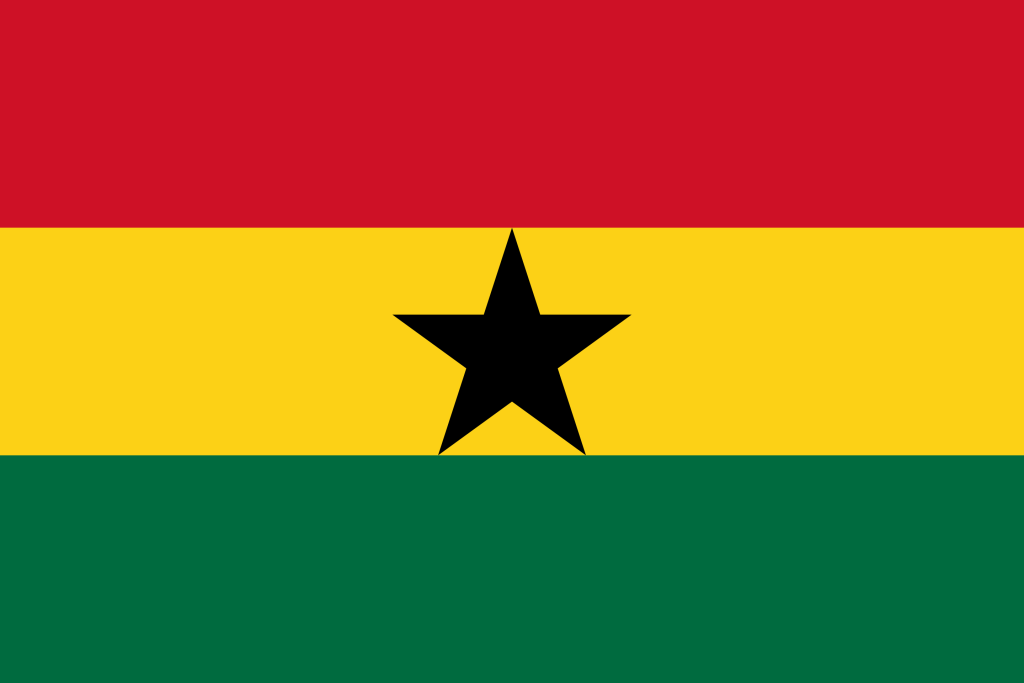
This C-Lab revolves around Yaa Gyasi’s groundbreaking novel, Homegoing, which explores the lasting psychical legacies of slavery on Africans and the African diaspora.
Spring Break: C-lab in Accra, Ghana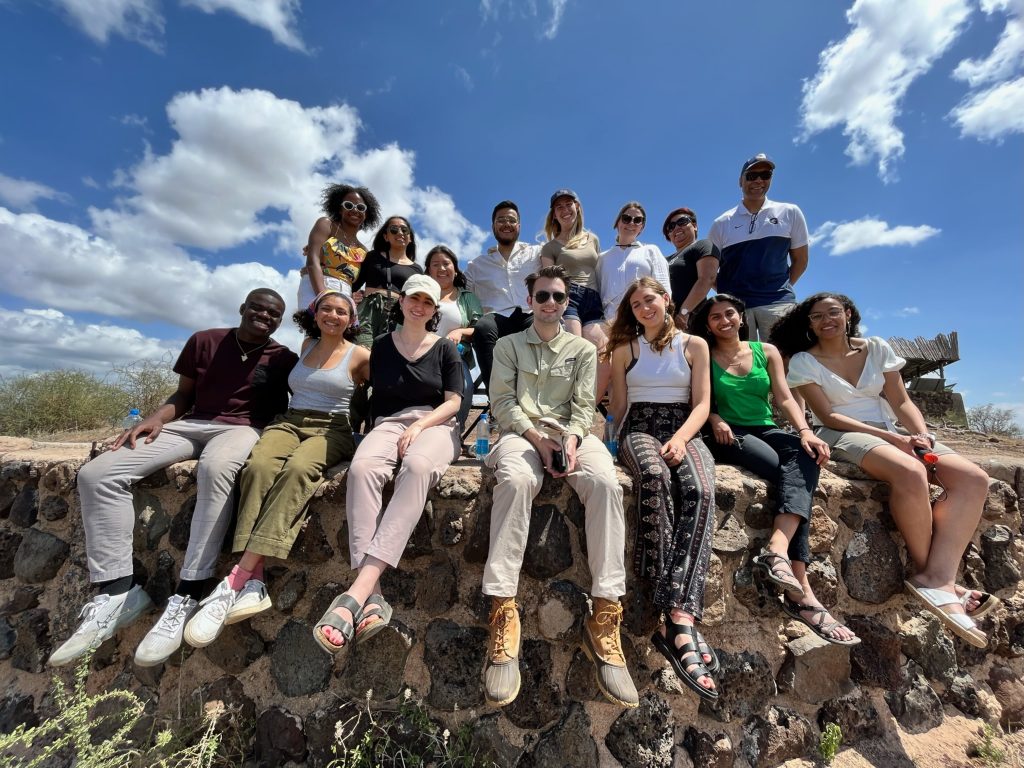
Led by the African Studies program since 2011, this week-long alternative spring break program for graduate and undergraduate students includes visits with government, firms, and development organizations.
Alternative Spring Break in Kenya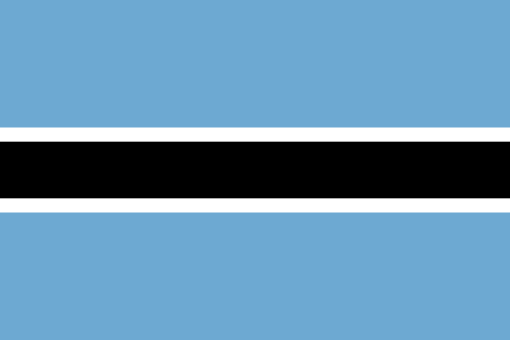
Fields of Study: African Studies, Biology, Chemistry, Computer Science, Economics, Education, English, Environmental Studies, Government/Political Science, Health Sciences, History, Literature, Mathematics, Physics, Psychology, Public Health, Religion/Theology, Social Work, Sociology
Arts and Sciences at the University of Botswana (CIEE)
Fields of Study: African Studies, Biology, Chemistry, Computer Science, Economics, Education, English, Environmental Studies, Government/Political Science, Health Sciences, History, Literature, Mathematics, Physics, Psychology, Public Health, Religion/Theology, Social Work, Sociology
Community Public Health in Gaborone, Botswana (CIEE)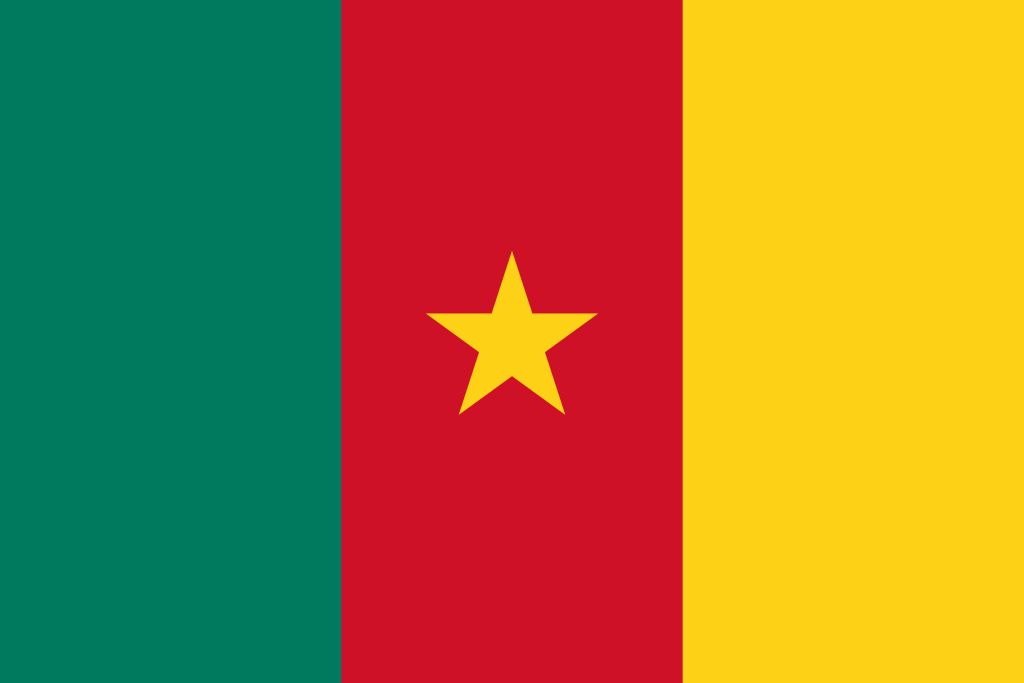
The program’s thematic seminars are taught in English, with a few lectures in French offered in translation. Intensive French language study allows students to engage more fully with communities in Cameroon, and students are immersed in homestay environments that promote further language learning. The Research Methods and Ethics course addresses ethical and culturally appropriate research methodology in preparation for the Independent Study Project.
SIT Cameroon: Development and Social Change
Fields of Study: African Studies, Anthropology, Archeology, Art/Art History, Biology, Chemistry, Economics, Education, Environmental Studies, French, Government/Political Science, History, International Studies, Linguistics, Literature, Philosophy, Psychology, Religion/Theology, Sociology
Universite Catholique d’Afrique Centrale (Middlebury)
Fields of Study: African Studies, Archeology, Biology, Chemistry, Classics, Computer Science, Economics, English, Government/Political Science, History, Linguistics, Literature, Mathematics, Music, Performing Arts, Philosophy, Physics, Psychology, Religion/Theology, Russian, Social Work, Sociology
Arts and Sciences at the University of Ghana (CIEE)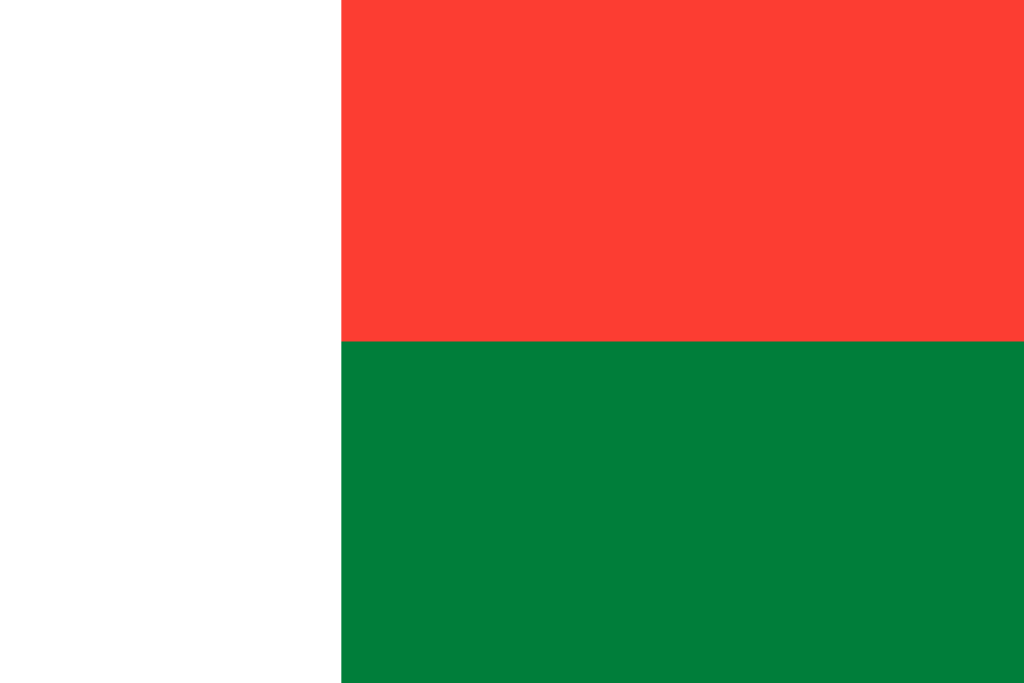
Classes are conducted mainly in academic French, with university professors and experts in relevant fields teaching the Biodiversity and Natural Resource Management seminar. The Environmental Research Methods and Ethics seminar, conducted mainly in English, focuses on research techniques and cross-cultural adjustment skills and is intended to prepare students for the Independent Study Project. Readings and classroom sessions for the Research Methods and Ethics course are supplemented by a short field research project undertaken in a rural village.
SIT Madagascar: Biodiversity and Natural Resource Management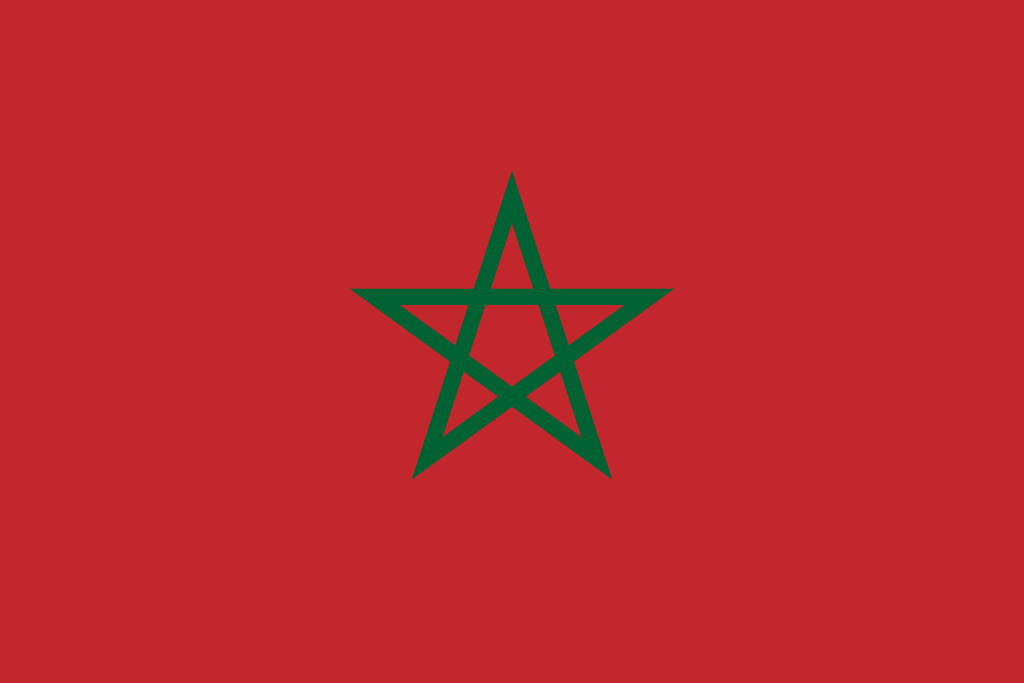
The Migration and Transnational Identity course examines the historical, economic, political, and cultural underpinnings of migration. The approach is informed by the reality that migration is more dynamic than static push-pull models or simplified economic or demographic interpretations can reflect. Rather, the course challenges the student to approach migration from a multidisciplinary perspective in which migration is only one constituent part of more complex economic, development, demographic, and cultural processes. The Research Methods and Ethics course addresses culturally appropriate, ethical field methodology in the context of migration issues, in preparation for the Independent Study Project. Study of Arabic opens windows into the culture and the program’s theme.
SIT Morocco: Migration and Transnational Identity
This program explores the present-day characteristics of the struggles for human rights and social justice within regional, national, and international contexts. We examine the resulting cultural transformations through a range of lenses including gender, individual liberties, globalization, and socioeconomic and political changes. Excursions to the north and south of the country offer a view of the systems of power and privilege that have produced inequality and unjust environmental conditions, as well as the movements and organizations that have emerged in response. We engage with social economies that cross class and gender, including women-owned businesses producing local products and re-connecting their communities to the land and the environment, and local NGOs that are working collectively to create change.
SIT Morocco: Human Rights, Social Justice, and Cultural Transformation
Fields of Study: African Studies, Arabic, Economics, French, Gender Studies, History, International Studies, Literature, Religion/Theology, Sociology
Study in Rabat, Morocco (IES)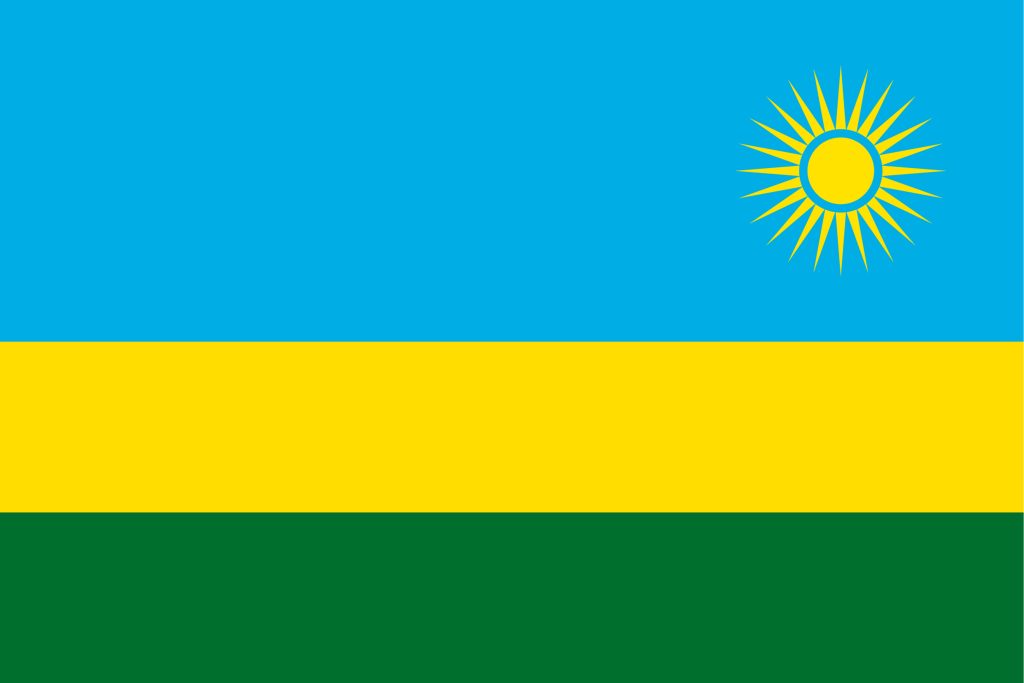
In 1994, Rwanda was the site of a devastating genocide in which more than 1 million people were killed by their neighbors in 100 days. Today, Rwanda provides an excellent case study on reconciliation and peacebuilding. In Kigali, the sprawling capital city, you will study the root causes and impacts of the genocide. You will visit genocide memorials and other places of historical significance to learn about the preservation of the memory of genocide. Different in-country excursions will take you to rural areas where you will have direct interactions with genocide survivors, perpetrators, and rescuers and learn about individual and community healing programs through mechanisms of transitional justice. You will also learn about the economic recovery process and the country’s current efforts towards sustainable peace and development.
SIT Rwanda: Post-Genocide Restoration and Peacebuilding
Venture to a cosmopolitan city that is still emerging from decades of apartheid, and is marked by its history of legal and racial discrimination, inequality and oppression, but is all a hub for community organizations working on issues related to human rights and social justice. Through discussions, lectures, site visits and meetings with community leaders, you will gain insight into the history of South Africa and the system of apartheid and extend this understanding to analyze the ongoing impact of past injustices on present policies and social movements. In addition to lectures and discussions led by faculty and site visits to historical places, you will be immersed in local cultural contexts through a placement at a community service organization where you will observe and participate in community struggles for economic, education, and social equality.
Cape Town: Social Transformation
Are humans part of or separate from nature? Do our current relationships to our natural surroundings affect how we live our lives? How do various perspectives on these fundamental questions affect the way human societies interact with and use nature? In this three-week study abroad program, you will travel to Cape Town, South Africa to explore answers to these questions and use them to understand how humans both shape and are shaped by the ecological systems in which modern societies exist. Hosted by the University of Cape Town’s International Academic Programmes Office, the program will delve into the principles and practices of nature conservation, the use of natural resources, and the impacts of human activities on local wildlife. Students should be prepared for an immersive experience, involving lots of time in nature as well as visiting animal sanctuaries and nature preserves.
Cape Town: Humans and Nature
Since the end of Apartheid in 1994, South Africa has been a global beacon in discussions of racial equity and historic memory. It also emerged a key center for the production of global contemporary art, and as a cosmopolitan hub for creative people from around Africa. South African artists, curators, critics, and community leaders all actively engage with these twin challenges of social and environmental justice. The aim of this intensive, three-week program is to both connect students with some of the most important art being made today, and to engage more deeply with South African life on its own terms, and as a lens onto larger global forces—economic and ecological. Through studio and site visits, trips into the “natural landscape,” theory-driven seminars, and collaboration with the program directors, students will find meaningful points of connection with a singular place that will, in turn, resonate with their work for years to come.
Cape Town: Art in the Anthropocene
This program is composed of two thematic seminars, Multiculturalism and Human Rights in South Africa and Narratives of Identity and Social Change; a course on research methods and ethics; conversational isiXhosa; and the Independent Study Project or internship. All components are intricately linked so that students acquire the knowledge and understanding to successfully complete an Independent Study Project or internship.
SIT South Africa: Multiculturalism and Human Rights
This program offers an opportunity to learn non-western perspectives in the fields of international and South-South relations and to examine broad policy questions in sub-Saharan Africa through the lenses of youth employment, conflict, and poverty. An introduction to South African politics sets the groundwork for the program focus on international relations and foreign policy, providing an opportunity for you to engage in major contemporary debates in the Global South. We examine the African Union and other continental influencers including international organizations and non-state actors, and we look at how BRICS (Brazil, Russia, India, China, and South Africa) has emerged as an alternative power block on the global political stage. Central to the program is the opportunity to intern at an internationally acclaimed NGO such as the Africa Centre for the Constructive Resolution of Disputes (ACCORD), the Institute for Global Dialogue (IGD), Institute for Security Studies (ISS), or the South African Institute of International Affairs.
SIT South Africa: International Relations in the Global South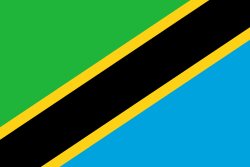
The Tanzania Healthcare Experiential Learning Initiative is a faculty-led, short-term service-learning experience for undergraduate (BSN) and graduate (MS-Clinical Nurse Leader, MS-Advanced Practice Registered Nurse [FNP, NM/WHNP and WHNP]) nursing and midwifery students in the Kilimanjaro region of rural Tanzania, Africa. A small group of students will be selected for participation through a competitive application process. The program is well integrated into the curriculum and provides experiential learning that may count toward clinical requirements for courses and degree requirements. Clinical hours may or may not be counted for this experience based upon program clinical requirements. For Nurse- Midwifery/WHNP and WHNP students, clinical experiences will be largely observational and will not count toward educational program required clinical experiences. The experience is framed by humility, grace, and care for the people of Tanzania and adheres to Georgetown’s Jesuit mission and values.
Tanzania: Healthcare Experiential Learning Initiative
Delve deeply into ecosystems of the Indian Ocean and the islands of Tanzania-Zanzibar. Learn marine and terrestrial field methodologies on Unguja, Mafia, and Pemba islands. Study the sustainability of coral reefs, coastal forests, and vulnerable fauna. Observe rare and endangered wildlife, such as the hawksbill sea turtles and Zanzibar red colobus monkeys.
SIT Tanzania: Zanzibar-Coastal Ecology and Natural Resource Management